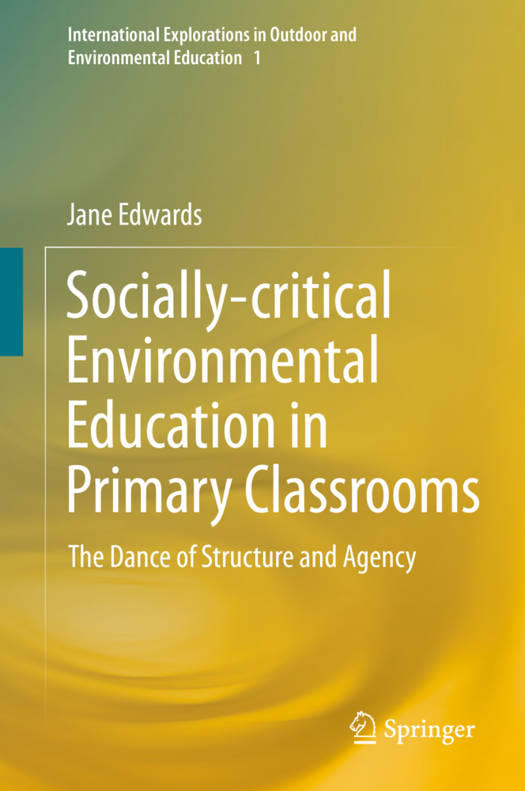
- Afhalen na 1 uur in een winkel met voorraad
- Gratis thuislevering in België vanaf € 30
- Ruim aanbod met 7 miljoen producten
- Afhalen na 1 uur in een winkel met voorraad
- Gratis thuislevering in België vanaf € 30
- Ruim aanbod met 7 miljoen producten
Socially-Critical Environmental Education in Primary Classrooms
The Dance of Structure and Agency
Jane EdwardsOmschrijving
The effectiveness of Education for Sustainable Development depends on the ability of schools and teachers to embrace pedagogies that reduce the gap between the rhetoric of education for the environment and the reality of classroom practices. This book responds to the need to better understand the nature of the relationships between agency and structure that contribute to the development of educational rhetoric-reality gaps in order to inform processes that most effectively facilitate pedagogical change.
This book explores the issues of pedagogical change through the experiences of Australian primary school teachers faced with the challenge of implementing an environmental education program in which young students were positioned as active participants in the social processes from which environmentally sustainable practices could be developed. These teachers were required to adopt pedagogies that often represented the antithesis of their well-established teacher-directed approaches.
Through the use of Anthony Giddens' Theory of Structuration this book provides unique perspectives of the teacher mediated manner in which certain elements of structure and agency interrelate to enable and constrain classroom practices--essential understandings for school principals and educational policy developers who aim to effectively implement pedagogical change. This book also demonstrates that the Theory of Structuration provides a valuable ontological research framework, and provides social researchers with practical guidance for how to relate this theory to specific research issues.
Specificaties
Betrokkenen
- Auteur(s):
- Uitgeverij:
Inhoud
- Aantal bladzijden:
- 261
- Taal:
- Engels
- Reeks:
- Reeksnummer:
- nr. 1
Eigenschappen
- Productcode (EAN):
- 9783319021461
- Verschijningsdatum:
- 4/11/2015
- Uitvoering:
- Hardcover
- Formaat:
- Genaaid
- Afmetingen:
- 156 mm x 234 mm
- Gewicht:
- 580 g

Alleen bij Standaard Boekhandel
Beoordelingen
We publiceren alleen reviews die voldoen aan de voorwaarden voor reviews. Bekijk onze voorwaarden voor reviews.









